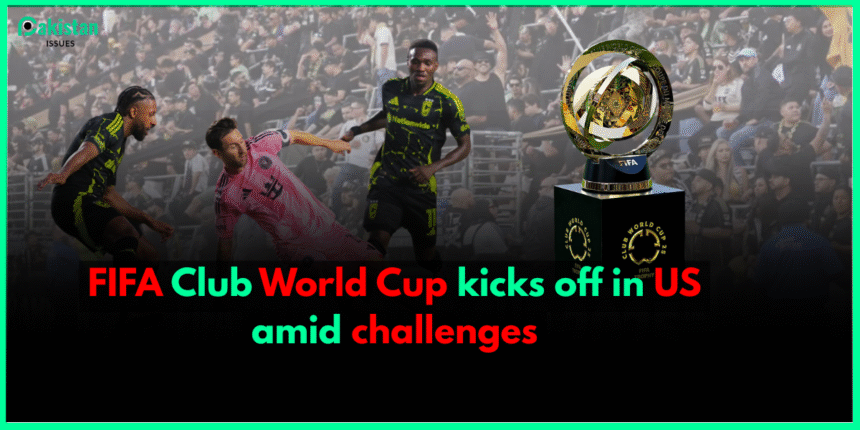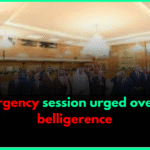The first-ever 32-team FIFA Club World Cup is due to start in the United States this weekend. Launched as a precursor to the 2026 World Cup, the tournament includes heavyweights like Real Madrid, Manchester City, Bayern Munich, Paris Saint-Germain, and Argentina’s Al Ahly. It represents FIFA’s bid to create a more global, club-level spectacle—with a $1 billion prize pool and reported revenue expectations of $2 billion.
Tough Road to the Pitch
But despite the fanfare, challenges loom. Ticket sales have been sluggish, especially in the group stages. Initial pricing—ranging from $100 to $200—appears to have deterred many. As a result, FIFA has slashed ticket prices and launched student promotions, aiming to fill stadiums.
Meanwhile, player groups and unions have expressed concerns. With the club season wrapping up only weeks ago, coaches and footballers are warning about burnout. The Professional Footballers’ Association in Europe has already taken legal action against FIFA, describing the calendar as “unsustainable” and highlighting the need for rest breaks after the tournament.
Controversial Invitations
The competition also drew criticism over its invitations. Inter Miami, which hasn’t won the MLS, was invited due to hosting status—raising eyebrows over whether Lionel Messi’s star power influenced the decision theguardian.com+11reuters.com+11theguardian.com+11. Similarly, Club León was excluded due to shared ownership arrangements, with the matter eventually ruling in FIFA’s favor via the Court of Arbitration for Sport reuters.com.
A New Global Stage
From FIFA’s perspective, this Club World Cup is a bold experiment. By spreading 32 teams across 12 venues, it aims to rival established international tournaments. Matches will be streamed globally—some even for free—to build a worldwide audience.
European clubs received significant prize money: $41 million just for participating, with $82 million for the winner. Overall, it’s a chance for teams outside Europe and South America to showcase their talent on a truly global stage.
Early Action and Reactions
Opening matches have delivered mixed reviews. In Miami, Inter Miami and Al Ahly played to a goalless draw. Lionel Messi showed signs of his brilliance but didn’t dominate the game. The event’s spectacle—complete with fireworks and pageantry—is drawing crowds, but some pundits argue the football itself is taking a backseat.
Looking Ahead
With 63 matches packed into four weeks, the tournament is a marathon. Organizers face a delicate balance: satisfy fans, protect players, ensure financial success, and stage quality games. If FIFA can iron out the ticket, scheduling, and player welfare issues, this inaugural edition could shape the future of club football.










